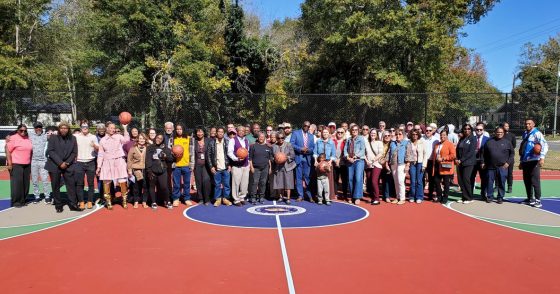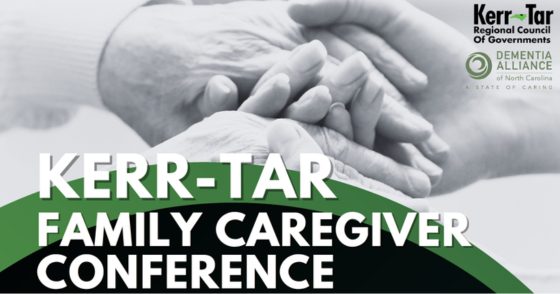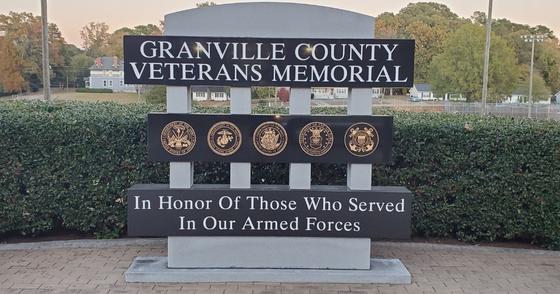District Attorney Mike Waters was on Tuesday’s edition of WIZS’ Town Talk program to discuss, among other topics, the recent district restructuring and the process his office uses to determine which of a county’s felony cases to prosecute.
Waters and his office serve the five-county area of Vance, Granville, Franklin, Warren and Person. These five counties now compromise the 9th Judicial and the 11th Prosecutorial districts in North Carolina.
The recent addition of Person County came about through restructuring talks with the legislature that began several years ago and heated up this past summer.
According to Waters, one model that was considered by the legislature would have split Vance and Warren counties from the district and added them to an eastern district that included a coverage area as far away as Bertie County near the coast.
A second model included adding Person County, originally incorporated into the 9th District in 1976, back to the district and keeping the previous four counties.
“Myself, Tommy Hester and others spent a lot of time at the legislature this past summer working on keeping the district together and in the fashion that it came to be,” said Waters. “We thought it in the best interest of not only our district but also the Triangle that we have a DA a lot closer by than one that is a couple of hours away.”
Ultimately, the legislature enacted the second model into law, a set up that Waters believes will remain in effect for the foreseeable future.
“These five counties are essentially the Kerr-Tar Region. Economically we have a lot of connections, everything from hospitals to governmental services, but ultimately what we have is a crime nexus between these communities.”
Felony crimes in Vance County alone add up to almost 1,200 cases a year.
Waters offered the encouraging news that, while still high, that number is down from 4-5 years ago. “I credit the long, hard work that law enforcement has done in reducing that number,” said Waters.
Due to multiple factors including the number of potential cases, allotted court time, available evidence and the lengthiness of the criminal justice process in general, Waters estimates he is able to try 3-5% of cases.
Waters explained that a criminal case pans out one of three ways: enough evidence to charge but not enough evidence to convict; enough evidence to charge, but a plea agreement is made; a plea agreement is not made and the case moves forward.
According to Waters, it takes approximately 225 days to get lower-end felonies tried, while serious convictions such as homicides can take 16-24 months.
Even with these delays, Waters said improvements have been made in turnaround time over the years. “For example, it used to take two years for DNA evidence to come back; now it takes around four months – a tremendous improvement.”
Splitting his time between a five-county area, Waters schedules 10 sessions of Superior Trial Court in Vance County each year. Each session lasts approximately one week.
“With only having 10 weeks, we have to prioritize how to use it. We prioritize violent crimes and prior records,” Waters said.
In addressing potential concerns about the low number of cases tried, Waters stated prioritizing is a necessity. “I think everyone agrees that there are limits to the amount of government that we want to pay for. We don’t want our taxes to be so high and we don’t want to feel like our money is being wasted.”
To listen to the interview in its entirety, please click here.















